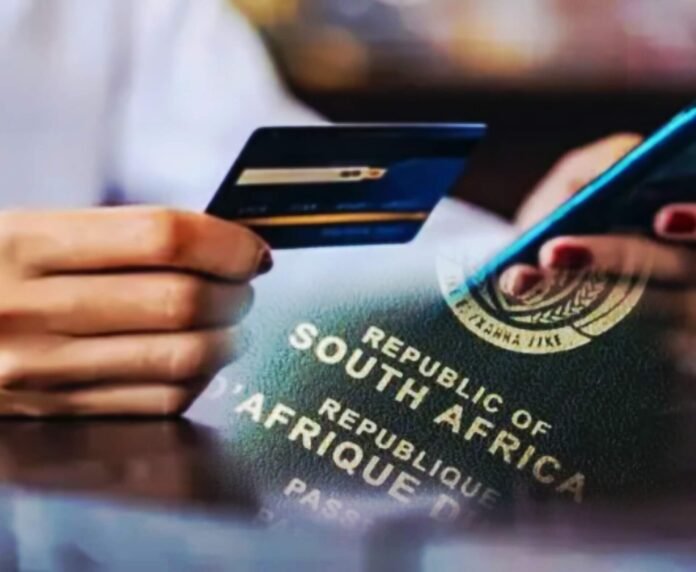In a groundbreaking shift for public service delivery, the Department of Home Affairs (DHA) has signed Capitec Bank and First National Bank (FNB) as the first partners in a new digital-first model to deliver Smart ID and passport services at hundreds of bank branches — and eventually, through banking apps.
This development forms part of a broader government drive to phase out green ID books by 2027 and replace them with secure, fraud-resistant Smart ID cards.
“This marks the beginning of the end for long travelling distances to reach Home Affairs services, for long queues, as well as for the Green ID book with its unacceptable vulnerability to fraud and identity theft,”
said Home Affairs Minister Dr Leon Schreiber.
From 30 to 1,000 branches
Until now, Home Affairs’ collaboration with banks was limited to 30 branches across five banks. But under the new approach, announced in Pretoria this week, the DHA plans to expand services to 1,000 branches nationwide by 2029, covering both urban and rural areas.
Unlike the old model, which duplicated Home Affairs staff and hardware inside banks, the new system leverages banks’ own digital infrastructure and customer networks to deliver services faster and more efficiently.
“This reform marks a critical milestone on our journey to unlock the power of digital ransformation to deliver Home Affairs @ home.”
Schreiber said.
Capitec rollout starts October 2025
Capitec confirmed that, starting October 2025, selected branches will begin issuing Smart IDs and passports. The rollout will start at 10 branches, expanding to 100 branches by early 2026.
CEO Graham Lee said the partnership reflects Capitec’s mission to simplify and expand access to essential services:
“This partnership is the first proof point of our commitment to work closely with Government and the public sector to solve real problems, remove friction for South Africans and help our country grow.”
The process will include photo capture, biometric verification, and collection at the same branch within weeks. Later phases will introduce app-based applications, home delivery, and passport renewals.
Banks urged to join
On April 30 (2025), DHA’s director-general Tommy Makhode invited ABSA, African Bank, TymeBank, Discovery Bank, Investec, Nedbank, and Standard Bank to join the Smart ID and passport rollout. Only Capitec and FNB have so far heeded the call, confirming in August that they will begin offering the services from October.
The department is urging all banks to follow their lead, warning that the expansion is essential to avoid service backlogs, driven by persistent system inefficiencies.
The move follows the DHA’s controversial decision to increase real-time ID verification fees by 6 500% — from 15 cents to R10 per transaction — citing the need to strengthen national security and modernise its failing system. However, several fintechs, including TymeBank and the Association of Comms and Technology (ACT), warn the sharp hike could threaten financial inclusion and stifle innovation — particularly for smaller players and digital-only banks.
More than just convenience
The green ID book, long criticised for its security flaws and vulnerability to forgery, is finally on its way out. By partnering with banks, the DHA aims to eliminate the logistical nightmare of long Home Affairs queues, cut turnaround times, and improve access for millions of South Africans — especially those in areas underserved by Home Affairs offices.
If more banks join the rollout, it could signal a major shift in how South Africans access critical civic services, embedding Smart ID and passport applications into everyday banking experiences. The success of the Capitec and FNB pilot could set the tone for the long-awaited system overhaul — or leave the country facing yet another bottleneck if other banks fail to come on board.

